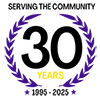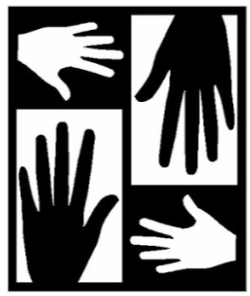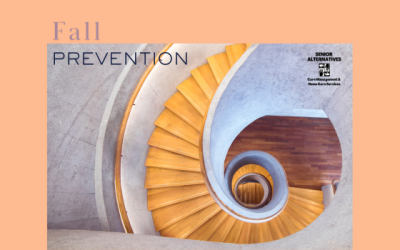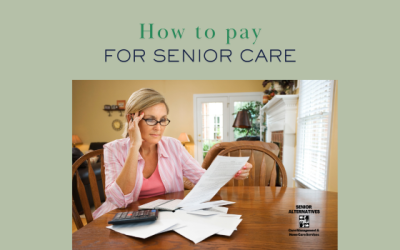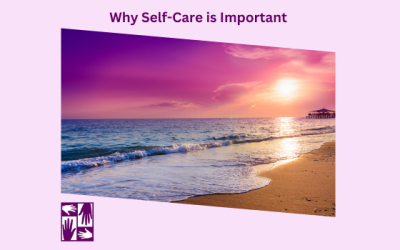December 18, 2019

Earlier in her career, our founder, Janet Brush was a Geriatric Social Worker in New York City and would occasionally visit the Riverdale Jewish Home as an observer. Her favorite visits were when she got to watch the magic of music transform residents who were living with middle and late-stage Alzheimer’s disease. Those moments brought smiles, tears of joy and rhythmic movement. Listening to music from their younger days would transport the residents to an earlier time and place. They often found pleasure even when the music wasn’t familiar to them.
Today, there is solid peer-reviewed research along with anecdotal evidence and even a few documentaries about the positive impact of music on the brain. A few highlights from this research include reduced need for medications and also in anxiety. You can read summaries of recent research here. There is also a phenomenal documentary called Alive Inside that shows the impact of music on people dealing with memory impairments.
To build a playlist for your loved ones, you can first start by asking them what music they love now or loved growing up. You can find out if they sang in their communities- religious or otherwise- and ask what their favorites were if they did. A few additional prompts about music they danced to as a young adult or at their wedding can be helpful as well.
Music is now very accessible via YouTube, iTunes and other sources.
Help your elderly parents and other loved ones find their favorites, build the playlist and enjoy it with them!
Today, there is solid peer-reviewed research along with anecdotal evidence and even a few documentaries about the positive impact of music on the brain.
Related Articles
September is Fall Prevention Awareness Month
As we get older, a simple trip or fall can have serious consequences, impacting our mobility and confidence. The good news is that most falls can be somewhat preventable, read on for more tips…
Funding Options for Older Adults
This guide will walk you through the many ways to pay for senior care and support, it will show how families and elders can supplement care and senior housing.
International Self-Care Day 7/24
The date, 7/24 symbolizes the idea that self-care should be practiced 24 hours a day, 7 days a week. It’s a gentle nudge to make self-care a daily priority, not just a once-a-year activity. Read more on ways to create a self-care plan.
